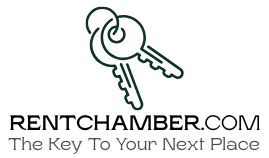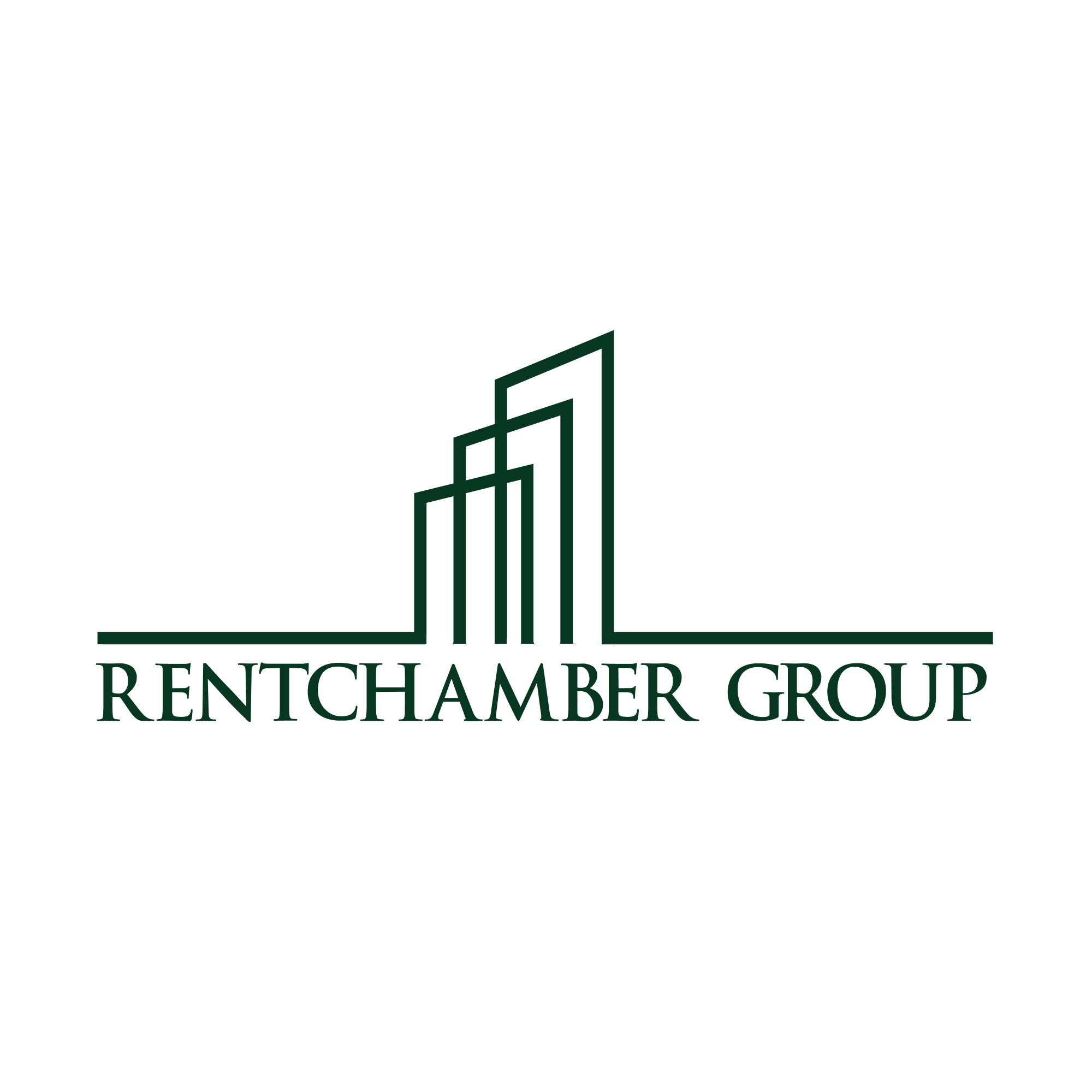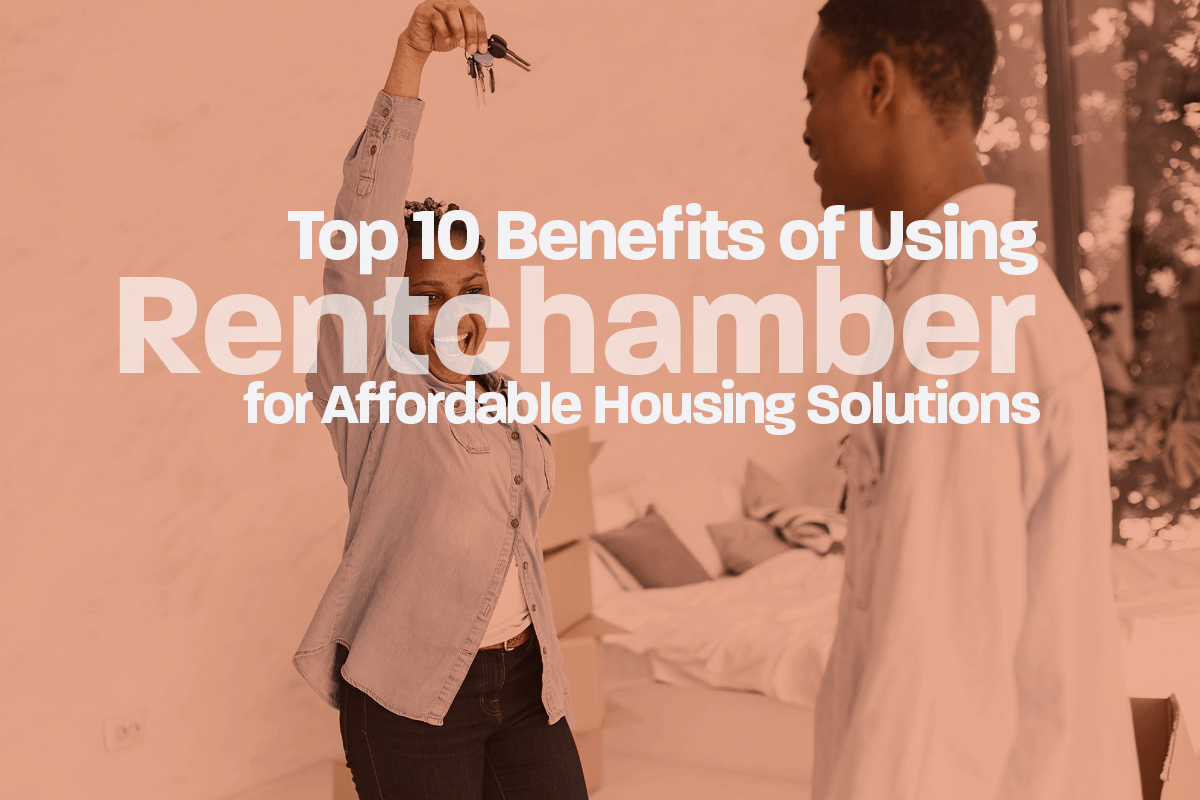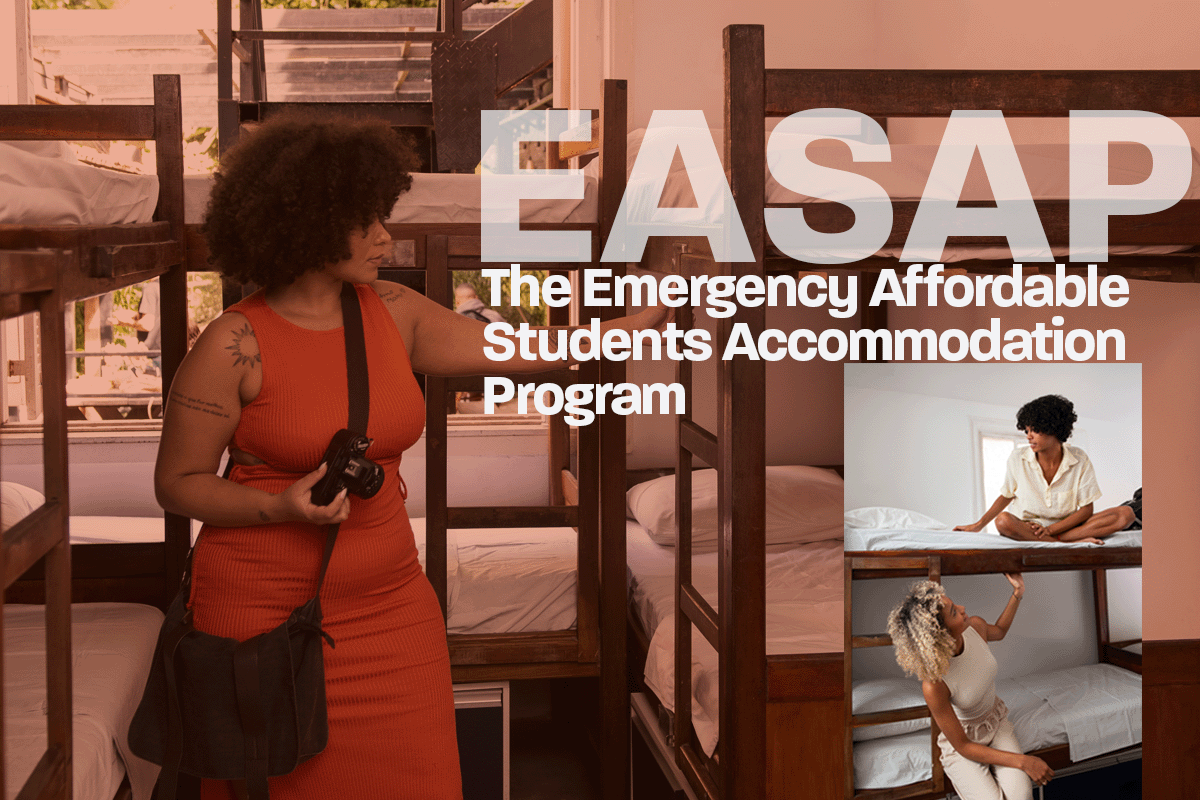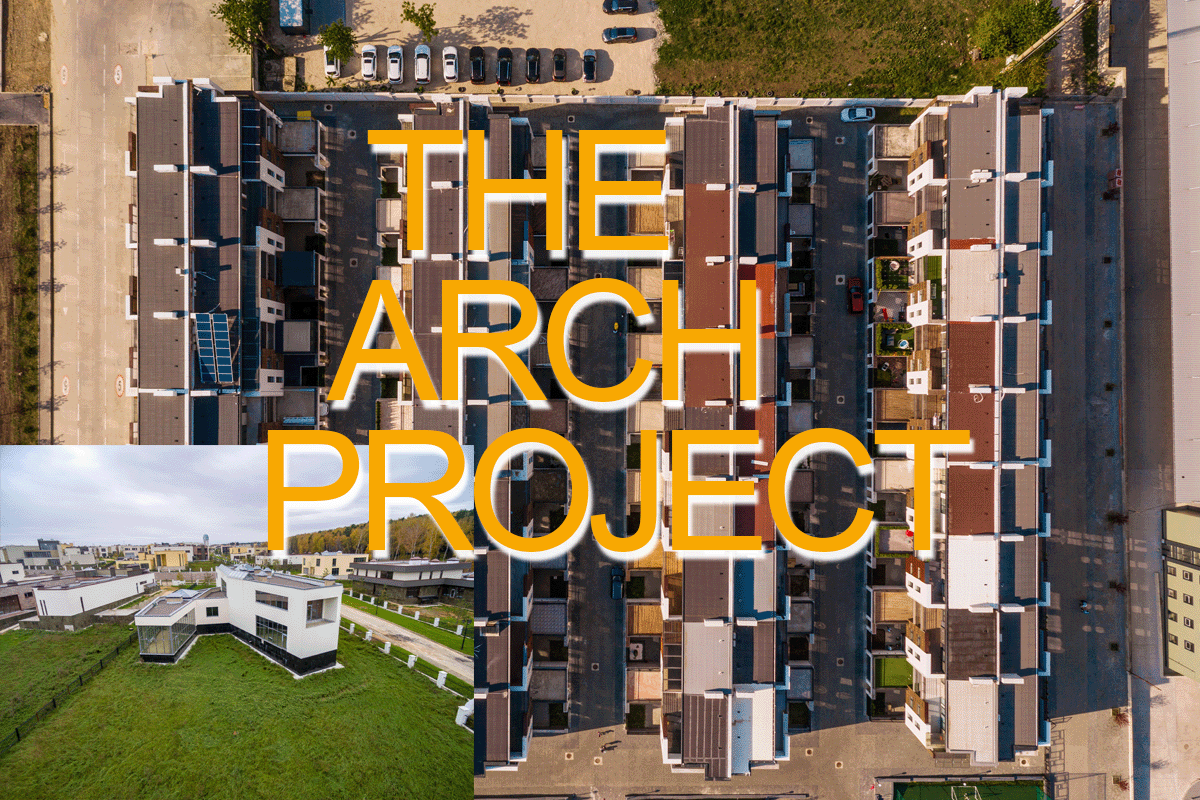Housing finance whether public, corporate or end-user has various levels of accessibility to Ghanaians. The government, in national, regional and local forms, has sought to strengthen domestic revenue mobilisation to sustain infrastructure investments, including those for housing. Beyond this supply-driven residential development initiative, the government, through the Ministry for Water Resources, Works and Housing (MWRWH), actively seeks to expand affordable housing finance through civil servant loan schemes and rent control.
Real estate is a critical source of public funding for the Ghanaian government. Local governments levy property taxes, typically 0.5 percent to 3 percent of property worth, to bolster their financial resources. Aside from income and corporate taxes, the national government also charges a 5 percent value added tax (VAT) on property transactions. Even with these sources of financing available to government housing programs, few mass housing projects have been delivered to reduce the staggering housing deficit, estimated to be 1.7 million housing units in 2017.
Private sector housing finance entities have largely relied upon accessing external sources of financing for their business development. Similar to other geographic regions in the developing world, corporate finance has been identified as either a primary or secondary impediment to firms or their growth in Sub-Saharan Africa.[1] For Ghana, access to corporate finance has been explicitly referred to as a “particularly severe constraint” to firms in the West African country.[2]
Businesses, particularly small and medium enterprises, often rely upon self-financed capital investments.[3] Self-financing is commonplace due to limited sources of debt and equity financing, such as those from venture capital or private equity firms. The consequence has been the reliance of housing finance products on deposits at Ghana’s banks. For several housing finance entities, like the NBFI Ghana Home Loans (GHL) or MFIs, the international donor community has been a source of substantial funding.
End-users are significantly restricted in accessing finance in Ghana whether in urban or rural areas. In rural parts of the country, the housing needs of farmers and ranchers are less severe as they are able to collectively harness agricultural and forestry materials for their communities’ shelter needs. Yet, pastoralists confront liquidity challenges in accessing financing acutely for farm production credit.[4] Without access to credit, the basic needs of rural households can become financially subservient to their agricultural operations and be inadequately met. The country’s central bank, the Bank of Ghana (BoG), has long promoted rural banks to expand access to finance in the Ghanaian countryside.[5] In 2017, the BoG classified 141 rural and community banks.[6]
Urban dwellers, especially the 61.5 percent of those employed informally in the private sector throughout cities, confront a host of challenges in accessing finance.[7] The many households earning irregular wages resort to friends, family and moneylenders to obtain credit. Rather than taking loans for investment in education or housing, borrowers typically use credit to support their everyday livelihood needs, especially during emergencies when economic opportunities diminish. Outside of those from friends and family, loans from moneylenders are often exorbitant if not predatory. For housing, mortgage finance is only available to the select few of Ghana’s urban society. Alternative microfinancing does exist, yet the expensive terms deter many households from participating, including for the few MFIs offering housing finance products.
Credit: CAHF | Centre for Affordable Housing Finance Africa
